This summer, Falter co-authored “Becoming Anti-Racist ELA Teachers: Ways to Move Forward” with College of Education Associate Professors Chandra Alston, Ph.D., and Crystal Chen Lee, Ed.D. The white paper outlines five steps and provides practical resources to help secondary English Language Arts (ELA) teachers work toward becoming anti-racist educators.
Dr. Bickmore's YA Wednesday was pleased to be one of the places to host this white paper. You can find information about it here.
In addition, one of Michelle's post in 2017 lead to one of my collaborative efforts as a book editor. She wrote about the Netflix's show, 13 Reasons Why. The response was amazing and we then collaborated on a project that resulted in two books about addressing grief and dying in the English Language Arts Classroom. Unfortunately, these two books remain relevant in our current situation. We hope you check them out.
Finding Quality YA Books: Reviewing Reviews
Michelle M. Falter Assistant Professor of English Education North Carolina State University
In thinking about where to find books, I want to start by saying that I think there is somewhat of a hierarchy of sources. Although my ranking of them is definitely open to critique, I see these categories as moving from most academic to most public. Each has their pros and cons, limitations and strengths. As I talk with my students about how to find quality literature, we talk about where you might start looking if you had an interest in a particular topic or genre of literature and how much one can trust the reviews based on the respectability of sources and expertise of the reviewers.
In the first category are academic journals such as The Alan Review or the International Journal of Young Adult Literature. Out of all the places to look for reviews of books, I put these journals at the top of my list for the fact that books discussed here (and the scholars who write about them) have gone through either a rigorous editor review or a peer review process. We can know that the opinions expressed in these book reviews have gone through some sort of vetting process. The authors of these pieces are considered experts on the topics they write about.
| Additionally, not only are the books reviewed, but often these reviews include implications for educators or approaches to including these texts in classrooms. The reviews move beyond merely a summary and an opinion of the text. Although The English Journal and Voices from the Middle are not specifically about young adult lIterature, their issues often contain articles and columns that do highlight YA lit. The drawback to searching for quality YA texts in academic journals is you have to either have a subscription to access the content, or you have to have access to a library database such as ERIC or JSTOR that subscribes to these journals for you. Also, not all texts are reviewed. And, unfortunately, many of these review articles are often behind paywalls. |
| Review Magazines In the next category are review magazines. The whole purpose of these magazines is to review books. Some of these reviews are done anonymously (e.g. Kirkus Reviews), but others are done transparently by named teachers, librarians, and professional book reviewers (i.e. The Horn Book and School Library Journal). Most of their reviews are accessible and searchable on their websites, although a few are behind a paywall. All of them have yearly awards for best books of the year and several of them use a star system to highlight particularly noteworthy books. Most of the reviews provide information such as page lengths, genre, and recommended age ranges for readers. |
| Academic Blogs & Websites Another source for reviews is academic blogs and websites. There are many more out there that I have not listed here, but these are often my go to places to learn about new (and old) texts. What I like about these blogs and websites is that they are curated and written by scholars, teachers, and writers of young adult literature. Although the reviews found within these sites are not peer reviewed (generally speaking), I do find their background and expertise in this field to give them authority on the topic. Two of my favorite go to academic blogs (besides Steve’s YA Wednesday that is!) are Rich In Color and American Indians in Children’s Literature. |
| Nonprofit Education Organization Websites Besides academic journals, magazines, and blogs, reviews are also put together by nonprofit education organizations too. Both Social Justice Books and The Cooperative Children’s Book Center (CCBC) put out reviews of books related to issues of diversity, social justice, and representation. Their reviews focus specifically on those topics. This is helpful in making more inclusive decisions about texts. Common Sense Media, on the other hand, is devoted to more holistics reviews that bring in perspectives of parents and children, along with their own reviews to help educators, parents, and students make informed decisions about whether a text may be a good fit or appropriate given the context or background one has. What’s nice about their reviews is that they move beyond summary, and give ratings and information on educational value, positive messages, positive role models & representations, violence, sex, language, consumerism, and drinking, drugs & smoking, among other things. |
| News Sources Moving towards more public reviews would be news sources. What I like about these reviews is that they tend to be much longer, go more in depth, and take a particular angle on the topic presented in the literature. Sometimes the news source will even interview the author and include that with the review. Although the reviewers are not necessarily scholars of YA literature, they do provide an interesting take on texts that appeals to a mass audience. However, I am often in disagreement with these reviews and find some of their ideas about literature outdated. Two of my go to news sources are the NY TImes Book Reviews and NPR Reviews. |
Next, we move our way into the most public, and least academic, or least scholarly, reviews -- those from Public Websites and Social/Public Book Reviews. There are more that I could have added to these lists, but these are ones that I have frequented myself. Many people start here when they are looking for a new YA book to read or pass on to people, and there is definitely nothing wrong with that strategy. My hope, however, is that this isn’t the only place teachers and students are using.
Personally, Book Riot and Epic Reads are two of my favorite websites to learn about new books. I also get YA newsletters from publishers (e.g. Simon & Schuster) sent directly to my inbox. However, these websites are for-profit entities, and I think that is important to recognize. These websites often make money when consumers/readers, like us, purchase the books they review when we click on their links. Additionally, publishers will sometimes send these websites free advanced reader copies (ARCs) in hopes that the authors/texts will be reviewed favorably by these websites and therefore more people will purchase those books. It’s important to be somewhat leery of sites that are for profit.
The positive side of these public reviews is that no one is paying them to review. These are honest, often brutally honest, reviews from regular folks. As a teacher, I find these reviews helpful in getting a snapshot into a wide range of general reader interest and engagement. However, what I don’t find, typically, is rather insightful or critical reviews. I also have no way to judge the authority of the person giving the review. Do I trust a person with the reviewer name @IlikebigbooksandIcannotlie? I am not sure I can. Maybe you are more trusting than I!
I tell my students that finding Goldilocks’ proverbial “just right” book takes time, it takes sleuthing, it takes comparing and contrasting across and between various sources. One assignment that I have done some years in my YA Literature course is to compare and contrast reviews across these different categories, looking for what is in common and what the reviewers disagree or differ on. It is pretty amazing the spectrum of ideas reviewers have. I never take one perspective as the ultimate authority on a text. I want to see what scholars say, but I am also interested in public opinion about texts. Often people disagree about things like the literary merit of a text, the engagement factor of the text, or even its suitability for certain age groups. Some folks might notice historical inaccuracies or racist stereotypes and tropes, while others will notice things like text complexity, diction, and language choices. Additionally, some books are great reads, but are less teachable. Reading across reviews gives a much more complex, well-rounded picture of a young adult text. Reading reviews across a variety of sources helps me to know what books to put on my classroom bookshelf and can recommend to individual readers, which books to use for literature circles around a common theme or genre, and which books make sense for a whole class deep dive. They can give me a sense of potential controversies and pitfalls while also helping me justify reading or teaching a YA text.
In the end, a review is an opinion, and it’s important to remember that. However, I trust people’s opinions who are experts and scholars of literature far more than @bettybuysbooks, for example, because I don’t know Betty, and Betty might be a bot or a troll. But, hopefully understanding the differences between these types of reviews will help you and your students make more informed, critical decisions about the books you and they read and recommend.
Michelle M. Falter is currently an Assistant Professor of English Education in the department of Teacher Education and Learning Sciences at North Carolina State University. Previously, Michelle worked as a middle and high school English teacher both in Wisconsin, and abroad in Germany and the Dominican Republic, and also as a high school instructional coach in Georgia. Michelle’s scholarship focuses on dialogic, critical, and feminist pedagogies, emotion in the teaching of literature and writing in secondary classrooms, English teacher education, and adolescent literature. She has previously co-edited the books When Loss Gets Personal and Moving Beyond Personal Loss to Societal Grieving with Steven Bickmore through Rowman & Littlefield Publishers. Michelle can be contacted at [email protected] or on twitter @MFalterPhD.
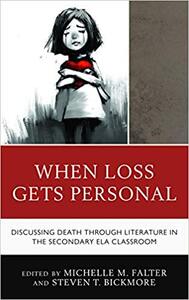
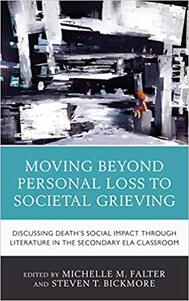
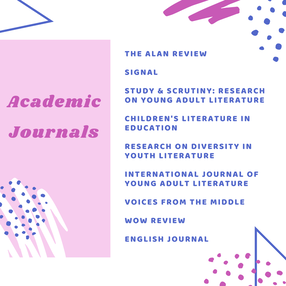
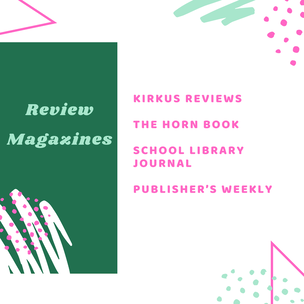
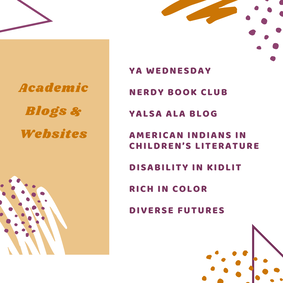
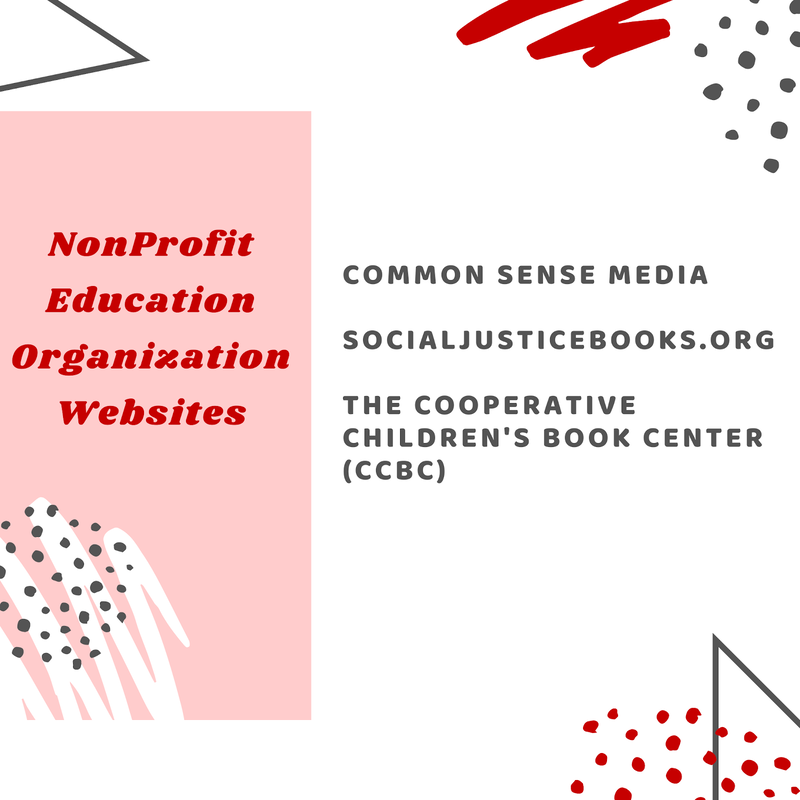
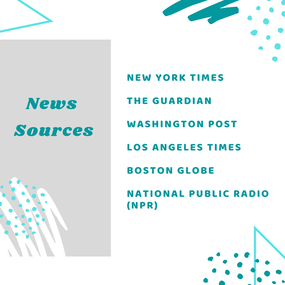
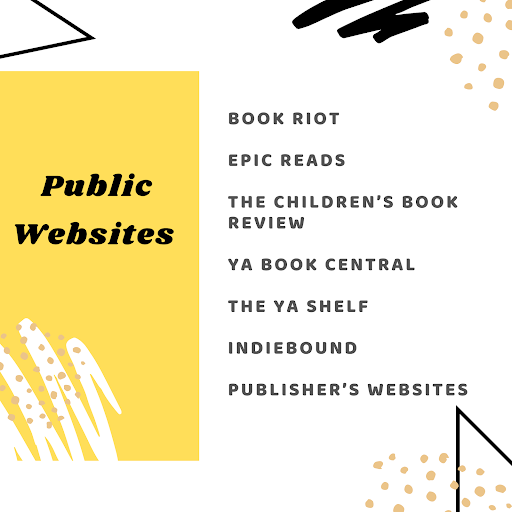
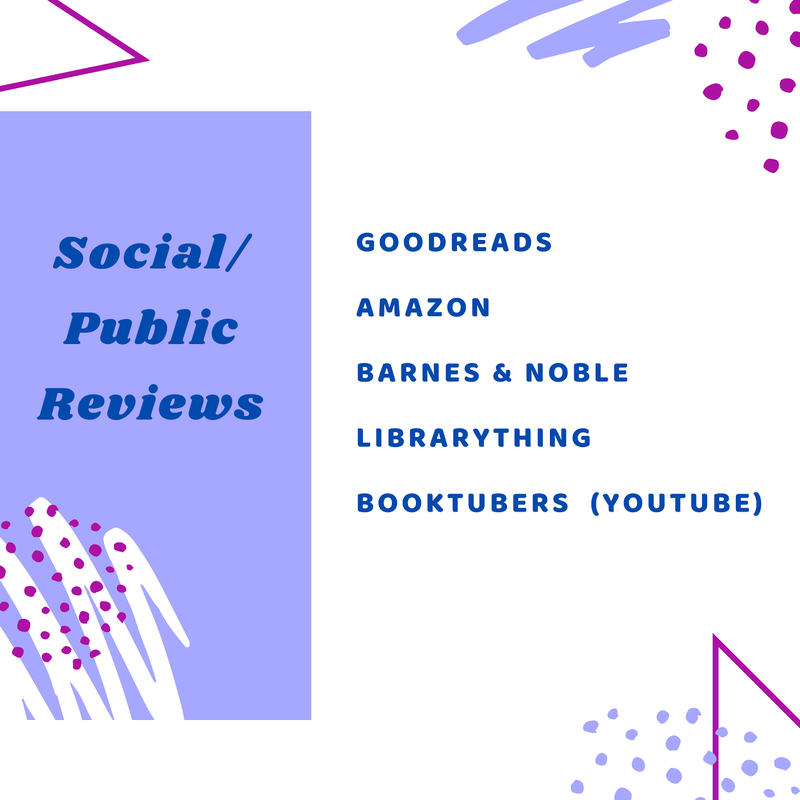
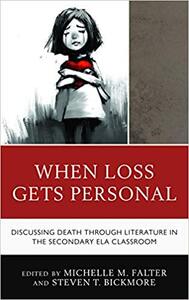
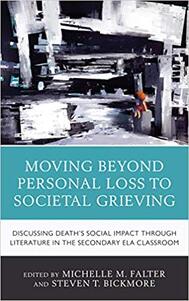

 RSS Feed
RSS Feed